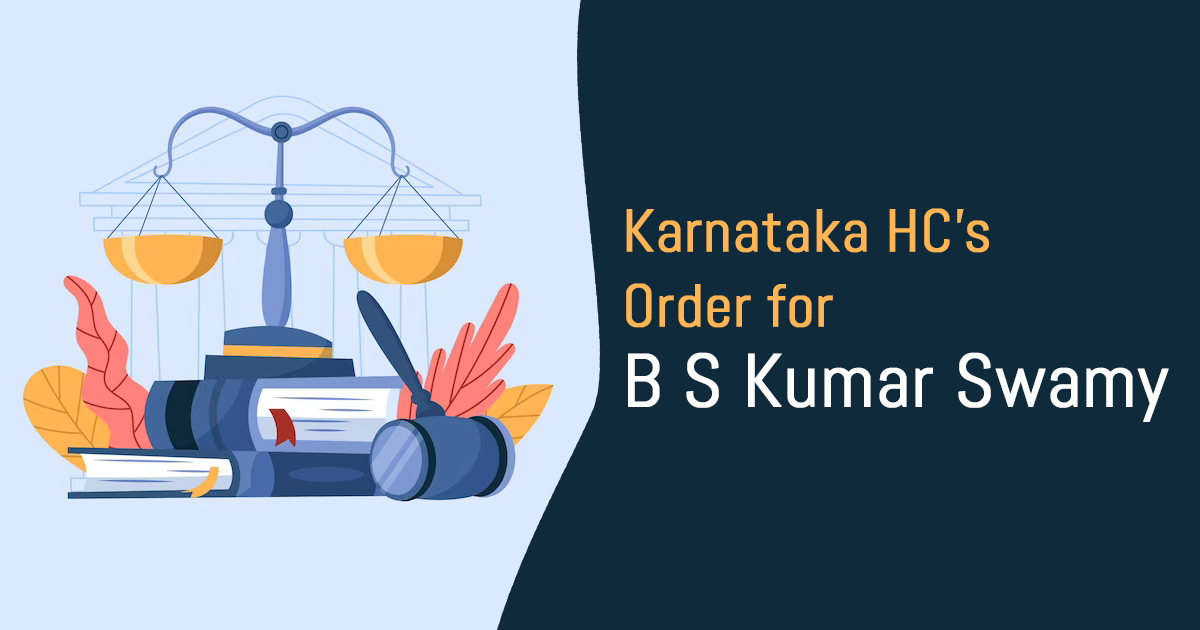
The Karnataka High Court released instructions regulating the tax difference calculation for pre-GST works contracts.
The bench chaired by Justice S. Sunil Dutt Yadav noted that the “tax difference” should be calculated on balance works executed or to be executed after July 1, 2017, separately.
The petitioner sought the statement that the regulations of the GST Act are inapplicable concerning works contracts where regulations of service are made before 01.07.2017.
The court has directed the respondent-State to assess the works carried out before July 1, 2017, and the payments received by the petitioners under the KVAT regime. The funds received by the petitioners prior to the implementation of GST for these pre-July 1, 2017 works should be evaluated under the KVAT tax system, either through the COT or VAT schemes as appropriate. The input credit for the materials used should be determined and offset against the output GST for those assessed under the regular VAT scheme.
The respondents have no authority to either issue notice or take any coercive steps against the petitioners under the provisions of the GST Act dated July 1, 2017.
The court ordered the respondent-State to evaluate the works executed pre-GST (prior to July 1, 2017) under the KVAT system and the amount received by the petitioners. The amount received by the petitioners pre-GST for these works executed before July 1, 2017, is to be assessed under the KVAT tax regime, either under the COT or VAT schemes as applicable. Input Credit on the materials is to be arrived at and set off as against the output GST for those calculated under regular value-added tax (VAT).
The court released the instruction concerning the “tax difference” on balance works carried out or to be carried out after July 1, 2017, separately. On the basis of the outcome derived from the calculation of the tax difference in the contract value, the responsible department or authority has to determine whether the agreement requires modification or not. The revised GST-inclusive work value for the remainder of the work that has been executed or is still to be executed may be agreed upon in a separate contract with the petitioners.
Read Also: GST: Impact of New Taxation Structure on Works Contract
The Petitioners are to be paid or repaid, as applicable, by the concerned employer for the differential tax amount if the revised GST-inclusive work value for the Balance Work, completed or to be completed after July 1, 2017, is greater than the original agreement work value. The concerned employer is required to pay or compensate the petitioners for the differential tax amount in cases where payments are made for work completed before the implementation of the GST.
The court ordered the petitioners to file comprehensive representations to the concerned employer giving the deadline of 4 weeks, notwithstanding whether they have completed the works pre-GST. The concerned employers are ordered to take or abide by the view of instruction as soon as possible and at any rate before the deadline of 8 weeks from the filing date of the representations.
| Case Title | B S Kumar Swamy Versus State Of Karnataka |
| Citation | Writ Petition No. 2130 Of 2022 (T-Res) |
| Date | 08.06.2023 |
| Counsel For Petitioner | D.R. Ravishankar |
| Counsel For Respondent | K. Hemakumar |
| Karnataka High Court | Read Order |









